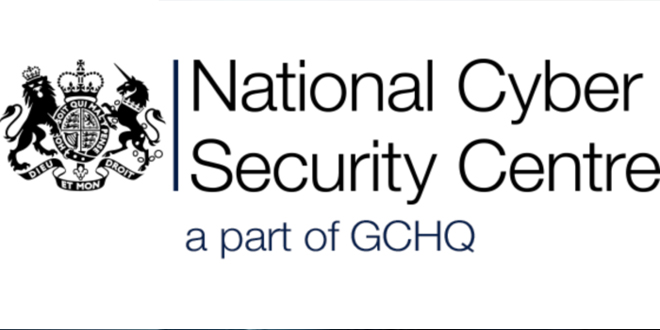The UK’s NCSC wants smart device manufacturers to follow new law banning default passwords. The law, known as the Product Security and Telecommunications Infrastructure act (or PSTI act), will be effective on April 29, 2024.
“From 29 April 2024, manufacturers of consumer ‘smart’ devices must comply with new UK law.” reads the announcement published by NCSC. “The law, known as the Product Security and Telecommunications Infrastructure act (or PSTI act), will help consumers to choose smart devices that have been designed to provide ongoing protection against cyber attacks.”
By infosecbulletin
/ Wednesday , September 17 2025
A threat actor claims to have breached Link3, a major IT solutions and internet service provider based in Bangladesh. The...
Read More
By infosecbulletin
/ Wednesday , September 17 2025
Check point, a cyber security solutions provider hosts an event titled "securing the hyperconnected world in the AI era" at...
Read More
By infosecbulletin
/ Tuesday , September 16 2025
Cross-Site Scripting (XSS) is one of the oldest and most persistent vulnerabilities in modern applications. Despite being recognized for over...
Read More
By infosecbulletin
/ Monday , September 15 2025
Every day a lot of cyberattack happen around the world including ransomware, Malware attack, data breaches, website defacement and so...
Read More
By infosecbulletin
/ Monday , September 15 2025
A critical permission misconfiguration in the IBM QRadar Security Information and Event Management (SIEM) platform could allow local privileged users...
Read More
By infosecbulletin
/ Monday , September 15 2025
Australian banks are now using bots to combat scammers. These bots mimic potential victims to gather real-time information and drain...
Read More
By infosecbulletin
/ Saturday , September 13 2025
F5 plans to acquire CalypsoAI, which offers adaptive AI security solutions. CalypsoAI's technology will be added to F5's Application Delivery...
Read More
By infosecbulletin
/ Saturday , September 13 2025
The Villager framework, an AI-powered penetration testing tool, integrates Kali Linux tools with DeepSeek AI to automate cyber attack processes....
Read More
By infosecbulletin
/ Saturday , September 13 2025
Samsung released its monthly Android security updates, addressing a vulnerability exploited in zero-day attacks. CVE-2025-21043 (CVSS score: 8.8) is a...
Read More
By infosecbulletin
/ Saturday , September 13 2025
Albania has appointed the first AI-generated government minister to help eliminate corruption. Diella, the digital assistant meaning Sun, has been...
Read More
The U.K. is the first country to ban default passwords on IoT devices. This law stops manufacturers from providing devices with easily accessible passwords that can be shared.
The law applies to the following products:
Smart speakers, smart TVs, and streaming devices
Smart doorbells, baby monitors, and security cameras
Cellular tablets, smartphones, and game consoles
Wearable fitness trackers (including smart watches)
Smart domestic appliances (such as light bulbs, plugs, kettles, thermostats, ovens, fridges, cleaners, and washing machines)
Hackers could use these to get into a network or carry out cyber attacks.
Companies must provide a way to report security issues and specify how long the device will get important security updates.
The NCSC stated that the PSTI act applies to organizations that import or sell products for the UK market. This includes most smart devices made outside the UK. Manufacturers who do not comply with the act will be fined up to £10 million or 4% of their worldwide revenue.
 InfoSecBulletin Cybersecurity for mankind
InfoSecBulletin Cybersecurity for mankind














